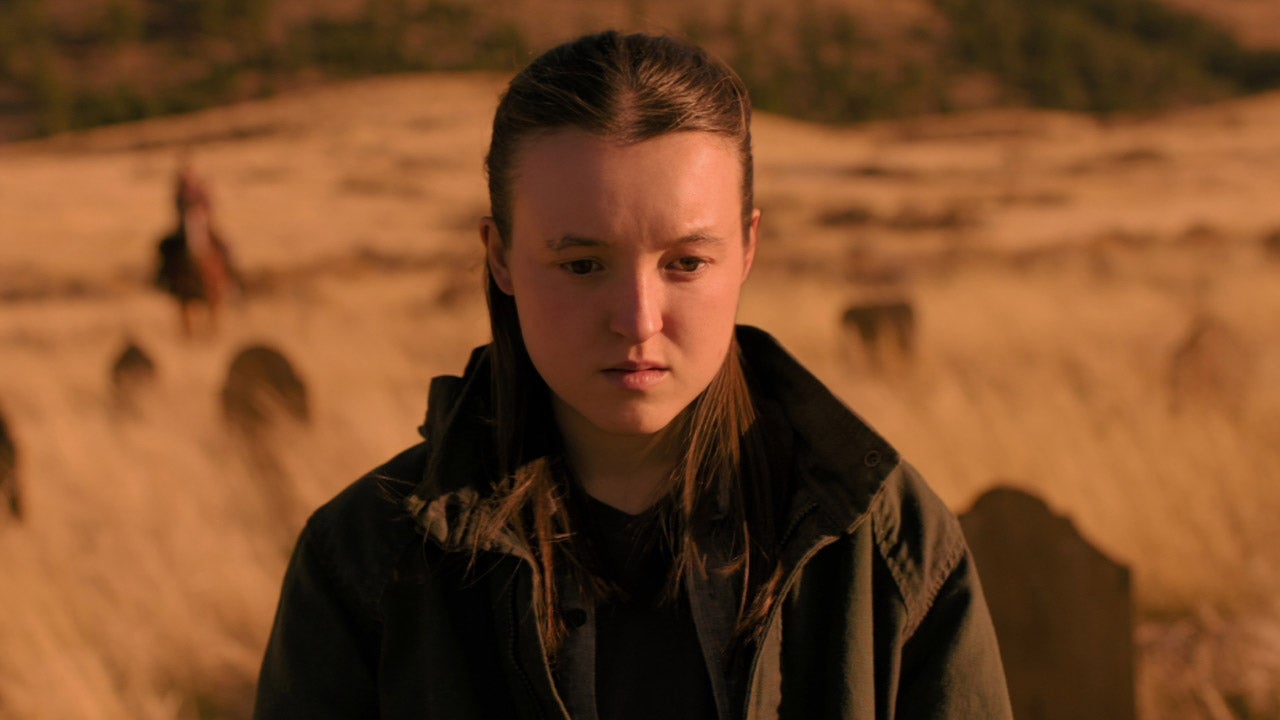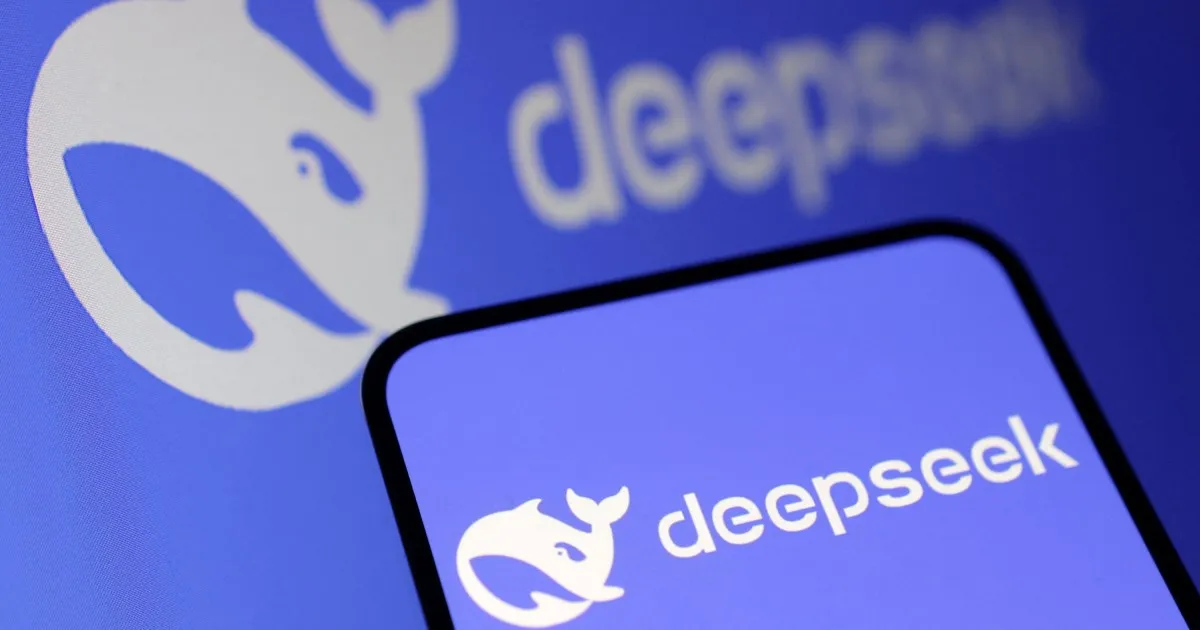SPOILER ALERT
The content below contains major plot details. If you haven’t seen or played it yet, proceed with caution!
TL;DR: Ellie leaves Jackson, Dina by her side, vengeance burning like a second heartbeat. Joel’s death is the wound that won’t close, and in this brutal, deliberate episode, “The Last of Us” reminds us that some people — and maybe even parts of ourselves — just can’t be saved.
The Last of Us season 2
Welcome to the Abyss (Again)
The question that “The Last of Us” Season 2, Episode 3 shoves into your ribs without warning is almost embarrassingly simple: When everything is broken, do you forgive, or do you destroy? And just like that, we’re reminded — forgiveness is a luxury of the unscarred. Ellie is not among them.
Jackson lies battered. Joel is dead. And the new world — this colder, crueler sequel to the tragedy we’ve survived thus far — doesn’t offer comfort, only consequences.
It would be easy, I think, for HBO’s adaptation to sprint toward revenge-fueled spectacle. That’s the temptation any show faces when it shatters its main character’s heart. But “Some People Just Can’t Be Saved” lingers in the bloodied remains instead, forcing us — just like Ellie — to pick through the emotional wreckage one searing piece at a time.
Jackson’s Broken Heart
The screen fades up on ruin. Jackson’s streets are lined with bodies, its hospital groaning under the weight of too many wounded and too few healers. Inside a restaurant turned infirmary, Tommy cradles Joel’s battered body, whispering a goodbye meant for a daughter long dead and a brother he could not save.
Watching Gabriel Luna’s performance here is like watching someone drown with no fight left. There’s something feral about grief when it’s fresh — something the show captures without an ounce of melodrama.
Meanwhile, Ellie wakes in the hospital screaming, thrashing against well-meaning hands. It’s the pure, helpless anguish of a teenager who’s lost her world for the second time. It’s a punch to the gut so sharp that it leaves you breathless, staring at the screen like an idiot, asking “how” when you already know the answer.
Three months crawl by. Jackson rebuilds. Its people limp forward, hammer and nail in hand. But the cracks don’t close. Some wounds aren’t meant to.
Ellie, Grieving on Her Own Terms
Bella Ramsey continues to do witchcraft on screen, showing us an Ellie so raw, so unraveled, that it’s a wonder she hasn’t torn herself apart already. Her therapy session with Gail (played to unnerving precision by Catherine O’Hara) is a tightrope act of denial and confession. Ellie flirts with the truth the way a wounded animal circles a trap — knowing what’s waiting but unable to resist the pull.
Joel saved her. Joel wronged her. These two truths wrestle, unresolved, in Ellie’s mind, and Ramsey sells every second of that inner war with a stare that could level a city block.
Gail’s soft wisdom is the knife: “Some people just can’t be saved.” It’s not an accusation. It’s not even resignation. It’s recognition — the cruel kind, the kind that carves away hope until only survival is left.
A House Haunted by Memory
Ellie’s visit to Joel’s house hits with the subtlety of a freight train. The box of memories, the battered watch, the old jacket — they’re the things you leave behind when you think you have more time. They’re the sacred relics of a life that felt, impossibly, like it might finally be enough.
When Ellie clutches Joel’s jacket like a life preserver, you can feel her silently screaming into the fabric. There’s no wailing, no speech. Just the shuddering truth that nothing, nothing, will ever make this right.
Until maybe — maybe — revenge.
Ellie and Dina: Partners in Crime and Grief
Dina (played with a stunning warmth by Isabela Merced) steps into the breach, offering cookies and the brutal honesty Ellie didn’t know she needed. She’s no cheerleader for destruction; she’s a mirror, reflecting Ellie’s rage and love in equal measure.
And together, they plant the seeds of a plan — a bad plan, maybe, but one stitched together with the kind of desperate hope that fuels every doomed rebellion.
Manny. Owen. Nora. Abby. A list of names, a map, a target. The Washington Liberation Front — a splinter group once fighting FEDRA, now something murkier and meaner — waits for them in Seattle. If Ellie is fire, Dina is the flint striking against her, igniting what’s coming.
Jackson’s Crossroads
Tommy stands at a crossroads of loyalty and fear. He’s the ghost of the life Joel wanted for Ellie — safe, loved, protected. But Ellie rejects that ghost. Protection is useless now. Only action will do.
The council meeting is a grim pageant of decency versus desperation. There’s talk of mercy, of higher ideals. But Seth, of all people, cuts through the platitudes with the blunt knife of anger: “They don’t deserve our mercy.”
Ellie’s speech is heartbreakingly restrained. She’s furious, sure, but she’s also calculating. She doesn’t ask for blood. She asks for justice. She asks for Joel.
And Jackson says no.
The vote feels inevitable. Civilization — even a half-shattered one — often values survival over vengeance. Ellie is left standing at the edge of a chasm, staring into it, understanding at last that if she wants to cross it, she’ll have to build the bridge herself.
Wolves in the Woods
In a haunting parallel, we see another group — the scarred ones, the believers, the lost children of the so-called Prophet — moving through the woods. Their innocence is a razor poised over the heart of the story.
The wolves aren’t just metaphors here. They’re real. And they’re hungry. The world outside Jackson isn’t just wild. It’s organized. It’s angry. It’s ready.
Coffee Beans on the Grave
The night before they leave, Ellie packs with brutal efficiency. Dina joins her, map in hand, realism in her eyes. They’re not fools. They’re doomed, and they know it.
Before dawn breaks, they slip away, helped by Seth — a man who understands, perhaps better than most, that sometimes anger is the truest form of love.
At Joel’s grave, Ellie sprinkles coffee beans — a silent offering to a man who loved coffee almost as much as he loved her. There’s no grand speech. No promise of vengeance. Only a quiet, unbreakable goodbye.
Then they ride toward Seattle. Toward the end of the world.
Storms and Secrets
Their journey is littered with awkward confessions and painful memories. In the shelter of a broken world, Dina asks about the first person Ellie killed. It’s a conversation sharp enough to draw blood, and the name “Riley” hovers between them like a ghost.
Their kiss — messy, drunk, too raw to dismiss — becomes another battleground. Six out of ten, Ellie jokes, weaponizing humor to shield the part of her that is still so, so scared to love again.
Dina isn’t fooled. She never was.
The Quiet Before the Siege
Ten miles from Seattle, they stumble upon death: the scarred believers massacred, their hope extinguished. It’s a grim reminder that revenge begets revenge, and violence, once unleashed, never obeys.
Seattle looms, silent and waiting.
And on the Space Needle, Manny radios an all-clear to the army swelling beneath him — an army with tanks, with jeeps, with an endless hunger for control.
The wolves are coming.
Some People Just Can’t Be Saved
“The Last of Us” has always been about more than survival. It’s about the cost of survival. About what pieces of your soul you’re willing to cut away just to keep breathing.
In “Some People Just Can’t Be Saved,” that cost comes due. Ellie isn’t the hero anymore. She’s the storm. And whatever happens next, it won’t be mercy.
Final Verdict
“The Last of Us” Season 2 Episode 3 delivers a masterclass in grief, rage, and reluctant tenderness. It’s a slow burn — deliberate and devastating — laying the emotional groundwork for the battles to come. Bella Ramsey continues to redefine what TV acting can be, and the world of “The Last of Us” feels more dangerous, and more alive, than ever. Seattle beckons, and it’s not salvation that waits there. It’s judgment.







